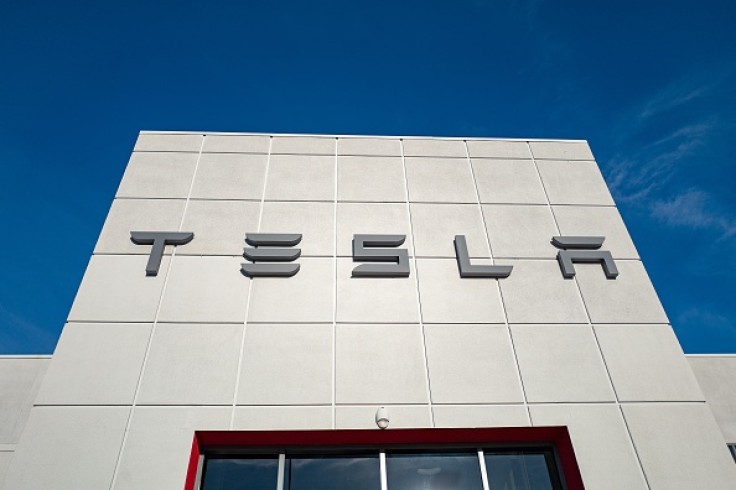Things are supposed to look up for Tesla as it finally announced a delivery date for Cybertrucks, but it seems that's overshadowed by several issues that emerged from its vehicles. First, its vehicles are being recalled for their faulty brake fluid detection, and now it's for potentially lying about its EVs' range.

Lower Range Than Advertised
Tesla might be in trouble for exaggerating the range of its vehicles as the US Department of Justice probes into the matter. Several customers have been requesting information to clarify the issue, but the company has not been as forthcoming.
The Securities and Exchange Commission says that the EV giant has "received requests for information, including subpoenas from the DOJ, regarding certain matters associated with personal benefits, related parties, vehicle range, and personnel decisions."
To the customers' dismay, Tesla has been canceling service appointments. The company even created a "diversion team" to do so, as reported by The Verge. It's said that there is nothing wrong with the vehicle at all and that the vehicle simply reached its actual limit.
Some of the Tesla owners only managed to get half of the range that was promised even though the battery was fully charged. Given that the company did not find anything wrong with the cars of thousands of customers, their service appointments were simply canceled.
This is what led others to believe that Tesla had just created software that made it seem like it could travel a lot farther. By canceling the appointment, Tesla is likely trying to avoid the issue as it could reveal that the vehicles can't actually reach the advertised miles.
It has already been tested and found to be true. It's the opposite of what other automakers tend to do, which is providing lower numbers to estimate the range of their vehicles such as BMW, Mercedes-Benz, Audi, and Porche.
With lower numbers than what it could achieve, the vehicles produced by the German automakers are painted in a better light, as opposed to Tesla which is accused of overselling its vehicles and ending up disappointing its customers.
Tesla Had a Lot to Worry About
The EV maker is also facing a problem with Model X vehicles as it was found that the vehicles between 2021 to 2023 may have broken brake fluid indicators. This can be dangerous since undetected, reduced braking performance can lead to an accident.
The issue has affected almost 55,000 vehicles. The National Highway Traffic Safety Administration (NHTSA) reports that Tesla released a free over-the-air (OTA) software update to fix it, as reported by Gizmodo.
Luckily, there have been no reports of crashes, injuries, or deaths. The software update is already available to all affected Tesla owners. However, they will have to install the 2023.32.7 software or later before getting the update.
55,000 is a lower number compared to 280,000 reportedly having steering wheel issues, wherein it would be stuck and limit the vehicle to only drive forward. The affected models were the Model 3 and Model Y cars, one of which suffered an accident.









